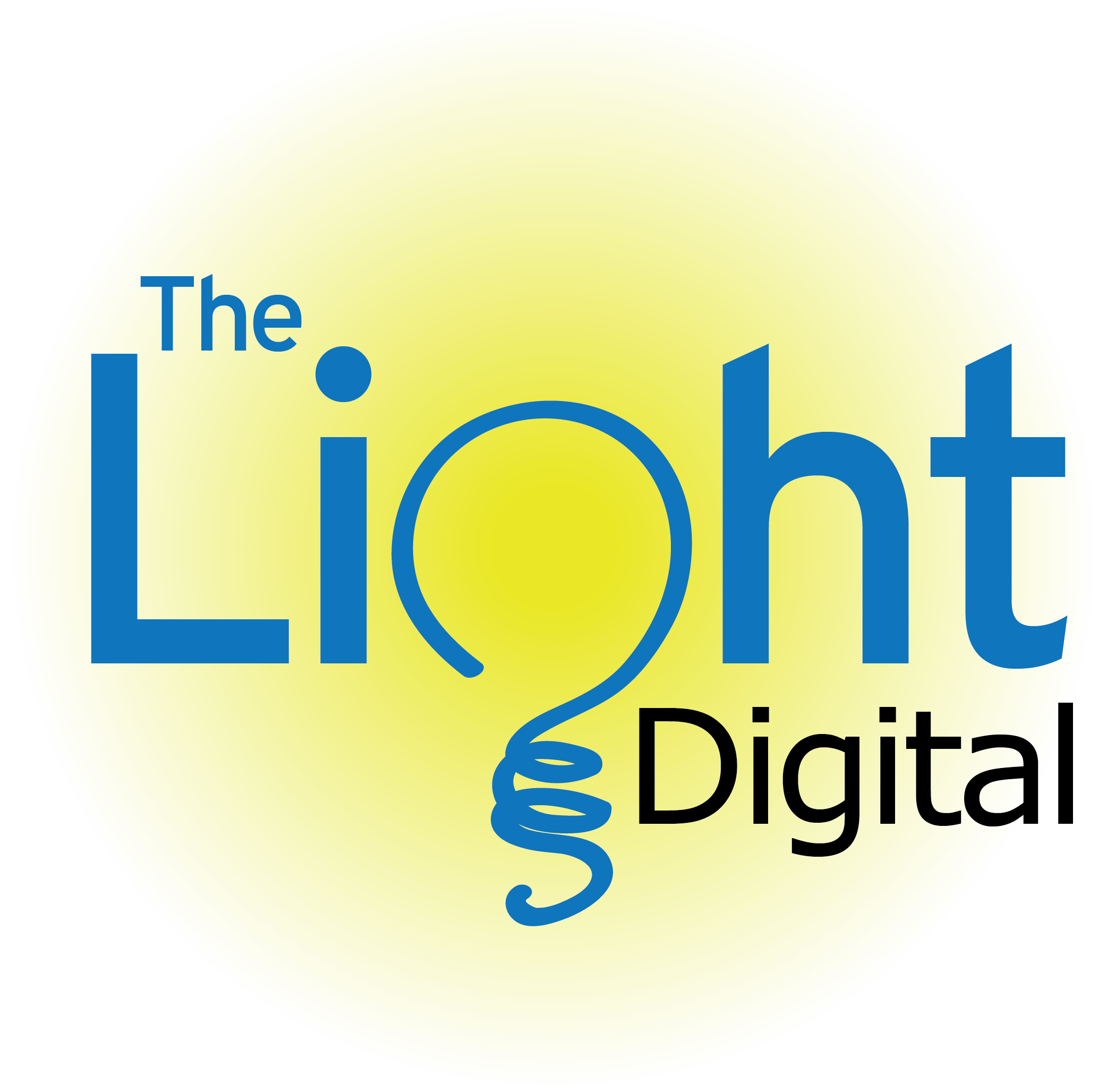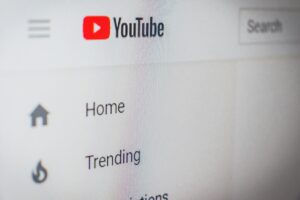Here’s the thing about digital advertising: You need it.
It’s that simple.
But, of course advertising costs money. And if you are a small business (or even a large one), you want to make sure your money is going toward an advertising strategy that is going to give you the best return on your investment. Your business relies on expanding your customer base to thrive, so you need to reach new potential customers regularly.
Here is why we think pay-per-click advertising is a cost-effective strategy:
The major benefit of PPC is that your ads are shown to users who have expressed interest in your product/field. With PPC, you pay when a user clicks on your ad, so you can start generating traffic quickly. No wonder it has become one of the most popular marketing approaches and has stood the test of time.
PPC on Google is a great way to compliment the organic visits your business is already getting. Google offers three types of paid ads through Google AdWords:
- Text ads
- Display ads
- Retargeted display ads
Text ads appear at the top or bottom of Google search pages based on information related to your business. Because Google is the number one search engine, you have a great opportunity to reach your target audience. Display ads appear on websites contextually related to whatever is being advertised. An ad for your shoe store could appear on a fashion blog, for example. Retargeted display ads are shown to people who’ve already visited your website while they are browsing other sites.
Facebook also charges per click for its ads. However, because of the amount of personal information in Facebook’s database, you can get incredibly detailed with your targeting. You can use anything that a user puts into their profile – age, gender, education, location, interests, religion, politics, relationship status, job, etc. This information makes Facebook a powerful platform for PPC advertising. The amount of customization power that Facebook gives you can be a huge asset to your business when targeting is done well. On top of that, it is affordable — you can start with as little as $5 to sponsor a post.
Instagram is the leading social media platform for image-based content. Instagram also leads in user engagement. Brands get 10 times higher engagement than on Facebook. Another thing that makes Instagram unique is that it caters to small businesses, and they make up a majority of its advertisers. You can customize your target audience just like you can on Facebook – just be aware that you need to be able to connect to your Business’s Facebook page because the two platforms work together to pull relevant audience information for your ad campaign. So, if you plan to market on Instagram make sure that you have your Facebook page set up.
What makes Twitter a great marketing platform is its effectiveness. Twitter offers some unique ad targeting features you won’t find anywhere else:
- When you promote tweets, you only pay when you’ve achieved your marketing objective.
- Keyword targeting: You can target people who have used a specific word or hashtag on their Twitter (or people who have interacted with tweets containing those words) in the last week.
- Tailored Audiences: On Twitter you can target users who follows specific accounts and create your own tailored audience to target with your Twitter ads.
These unique targeting features make Twitter a powerful marketing tool.
Last but not least, LinkedIn is an effective tool for business-to-business marketing. If other businesses and professionals are part of your target market, then LinkedIn should be a part of your advertising strategy. The quality of clicks/leads generated by a LinkedIn Ad are usually greater than those from Facebook, Google, etc. This is because LinkedIn’s most active audience is professionals looking for business connections.
Virtually every small business can benefit from implementing a PPC marketing strategy to build its customer base. The trick is to develop a strategy that will drive the right types of leads. The three questions you need to answer are:
- What is your objective?
- What are your keywords?
- What is your budget?
If you need help answering any of these questions, contact The Light Digital for a marketing consultation.





